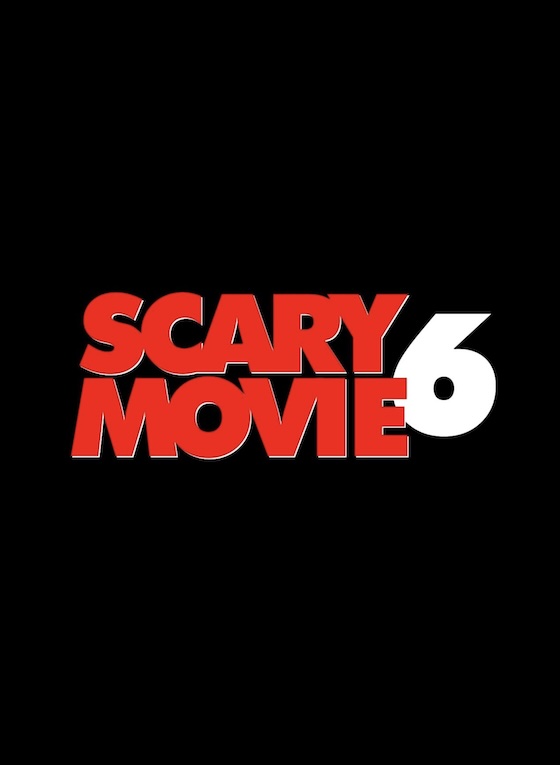{googleAds}
<div style="float:left">
<script type="text/javascript"><!--
google_ad_client = "pub-9764823118029583";
/* 125x125, created 12/10/07 */
google_ad_slot = "8167036710";
google_ad_width = 125;
google_ad_height = 125;
//-->
</script>
<script type="text/javascript"
src="http://pagead2.googlesyndication.com/pagead/show_ads.js">
</script></div>{/googleAds}I won't go into the details of Einstein's theory of relativity, but due to the effects of said hypothesis, a space mission that left Earth's surly bonds in 1972 crash landed eighteen months later on a deserted planet in the year 3978. As the three surviving astronauts, lead by Captain Taylor (Charlton Heston), search for civilization on this forbidden planet, they discover serious challenges to the Earthly concept that humans occupy the top of the evolutionary chain. This newly discovered world is ruled by apes that treat humans as filthy, stinking inferior beings.
Until Star Wars came along in 1977, Planet of the Apes (1968) was the most commercially successful sci-fi film, spawning four sequels, two television series and a comic book. Although the film's visuals hold up amazingly well, its strongest assets come from the smart screenplay adapted by Mark Wilson and Rod Serling from the novel La Planete des Singes by Pierre Boulle. Never satisfied with resting on the singular novelty of its human/animal role reversal, the story continually sheds its layers revealing a higher level of intellect. Many societal hot-button topics including environmentalism, racism, religion and social intolerance are all presented in a poignant tale that is as compelling and thought provoking as it is fun to watch. Planet of the Apes is a wonderful blend of captivating visuals and disturbing yet engaging social satire.
Some of my earliest childhood encounters with the disturbing nature of science fiction came from watching Planet of the Apes back in the day. Seeing the unfortunate demise of the fourth astronaut is something that's permanently ingrained in my identity. And I'll never forget the feeling that shook me at the exact moment I realized that those weren't humans on horseback! While many of the visuals are indeed some of the best of the genre, (the final scene, involving a famous American landmark is arguably one of the most well-known climaxes in cinematic history) it was not until my later years that I began to understand the depth and complexity of the underlying messages contained within the frames of the film.
Taylor and his fellow space explorers are eventually captured and housed in concrete and steel-barred impoundments. Human-sized, hose-wielding chimpanzees spray the captive humans with jets of water, repeatedly commenting on the stench and filth, while other humans are bullwhipped and lead from cage to cage with neck leashes. Images of zoos of the '60s and '70s come to mind as the humans swing from the bars and cuddle in the corners of their raised concrete cages, their heads resting on sparse mounds of hay.
Unable to speak due to throat injuries, Taylor gains the immediate attention of Dr. Zira (Kim Hunter) and Dr. Cornelius (Roddy McDowall), psychologists charged with studying human nature, when he writes words on a note pad. Bewildered by the negative reaction to their discovery that the "human" can communicate, Dr. Zira and Dr. Cornelius are then ostracized by Dr. Zaius (Maurice Evans), the Keeper of the Faith.
Leading to an ultimate theological trial of evolution vs. creationism that blatantly satirizes the Scopes Monkey Trials, Zira and Cornelius risk their own reputations upon discovering the ultimate plans by Zaius to render Taylor a virtual speechless, thoughtless zombie.
Charlton Heston is perfectly cast as the dignified but brusque human representative. His arrogance and audacity make for a brilliant juxtaposition to the humiliating and dehumanizing climax. Despite his "overacting" at times, the he-man reputation he brings seems necessary to lend a bit of defiance to the overbearing simian society.
Kim Hunter and Roddy McDowell are spectacular as the pair of curious "veterinarians." We immediately sympathize with them as we learn that they are our only hope for some kind of reversal of this world turned upside-down. One of the film's few truly humorous scenes comes when we see the pair lovingly touch their little rubber monkey snouts together showing us that animals kiss very much in the same way that humans do. Except humans are able to purse their lips!
Rounding out the appearances are the make-up effects of John Chambers. Based upon a makeup technique he had used during World War II to give disfigured veterans a normal appearance, the apes' physique and facial features are strikingly convincing. Although Rick Baker's rendition is slightly more realistic in Tim Burtons 2001 remake, one must always consider the more than thirty years of technological advances in prosthetics and makeup.
DVD Details:
35th Anniversary Widescreen Edition.
Screen formats: Full Screen 2.35:1
Subtitles: English; Spanish
Language and Sound: English: Dolby Digital 5.1; English: DTS; Spanish: Dolby Surround; French: Dolby Surround; closed captioned
Other Features: Color; interactive menus; scene access; commentaries; Documentaries; Dailies and Outtakes; "Making Of" featurettes; Photo Galleries; DVD-Rom content; Trailers.
- Commentary:
- Full-length commentary with composer, Jerry Goldsmith. he discusses the techniques used for the composition of the film.
- Full-length commentary by actors Roddy McDowall, Natalie Trundy, Kim Hunter, and make-up artist John Chambers. Non-scene specific interviews and clips of the actors.
- Text commentary by Eric Greene (author of Planet of the Apes as American Myth). Facts, tidbits and trivia about the movie.
- Documentary:
- Behind the Planet of the Apes: Broad overview of the making of the Planet of the Apes series.
- Featurettes:
- Planet of the Apes Makeup test with Edward G. Robinson
- Roddy McDowall Home Movies - Contains footage of his makeup sessions.
- Planet of the Apes Dailies and Outtakes (no audio)
- Planet of the Apes (1967 N.A.T.O. Presentation) - promotional condensed version of the film for the National Association of Theater Owners.
- Planet of the Apes Featurette (1968) - Making of
- A Look Behind the Planet of the Apes (1972) - Making of
- Don Taylor Directs Escape From the Planet of the Apes. - Making of
- J. Lee Thompson Directs Conquest of the Planet of the Apes - Making of
- Trailers: original theatrical trailers; film reviews and theatrical posters
- Galleries:
- Original sketches by costume designer Morton Haack.
- Still gallery
- DVD-Rom: Chronology of the Apes.
{pgomakase}



































